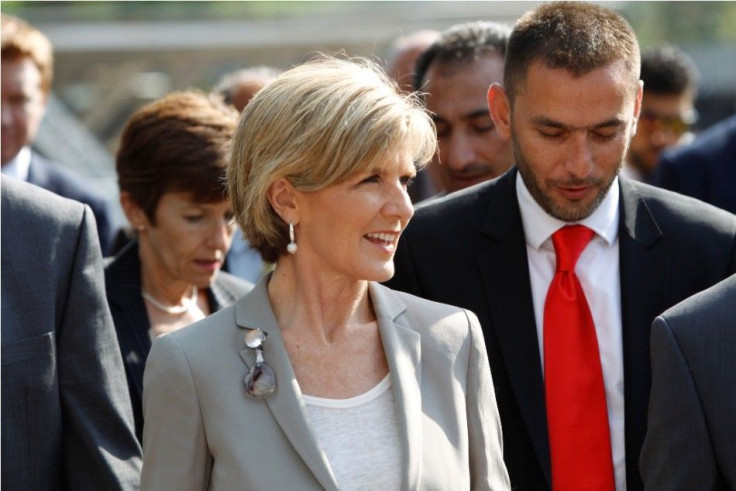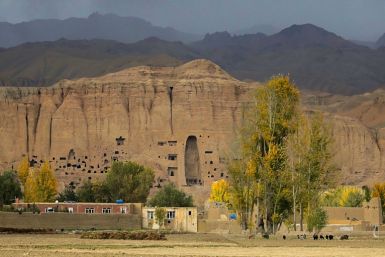Australian Foreign Minister Julie Bishop Calls Younger Terrorists as ‘Masters of Social Media’

The younger terrorists are, the more dangerous they turn out to be. That was how Australian Foreign Minister Julie Bishop described the modern day terrorism to the United Nations Security Council on Wednesday.
Bishop said that terrorism was the biggest threat to Australia's national and international security. She mentioned a number of Islamic militant groups who posed threat to Australia's security. She said that Islamic State, al-Nusra Front, Daesh and other extremist groups affiliated to al-Qaeda had become more dangerous, more diversified and more global than ever. "Terrorists are younger, more violent, more innovative and highly interconnected," the chairperson of UNSC's counter-terrorism meeting said in New York. Bishop called the "very tech-savvy" younger generation of terrorists as "masters of social media" with an expertise to terrorise and recruit over the Internet. Their propaganda of violence can directly be communicated "into our homes to recruit disaffected young men and women," The Australian quoted her.
The Australian foreign minister gave the example of Adam Dahman; the 17-year-old Melbourne boy who had recently went to Iraq and launched a suicide attack in a market place in the capital of the Middle Eastern country. He was a regular Australian kid who had grown up in a typical household and played sport for his local high school, she said. Bishop also gave examples of the Brisbane brothers, one of whom became Australia's first known suicide bomber after he had killed himself along with 35 others in Syria. Another brother is presently working with al-Nusra while one more was stopped by Australian authorities while he was trying to join his brothers in the Middle East, Bishop said. She said terrorist organisations should be starved of legitimacy, funding and fighters.
The UNSC meeting was attended by representatives from countries like Pakistan, Syria and Saudi Arabia. In addition, there were representatives from France, Russia, China, the UK and the United States. The UN's Counter-Terrorism Committee Chairman Raimonda Murmokaite said that some of the countries had been unsuccessful in adequately criminalising travel by those who transit via their territories on the way to other countries for terrorism-related purposes.
Contact the writer: s.mukhopadhyay@ibtimes.com.au






